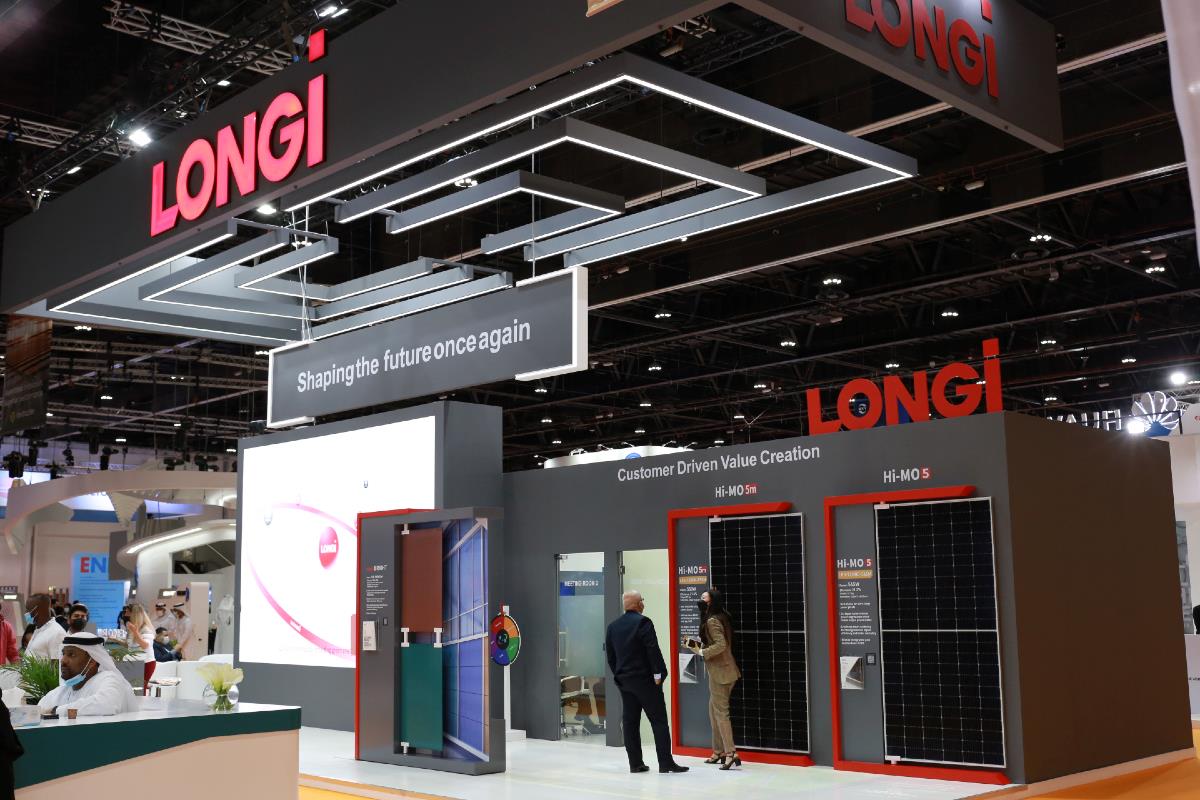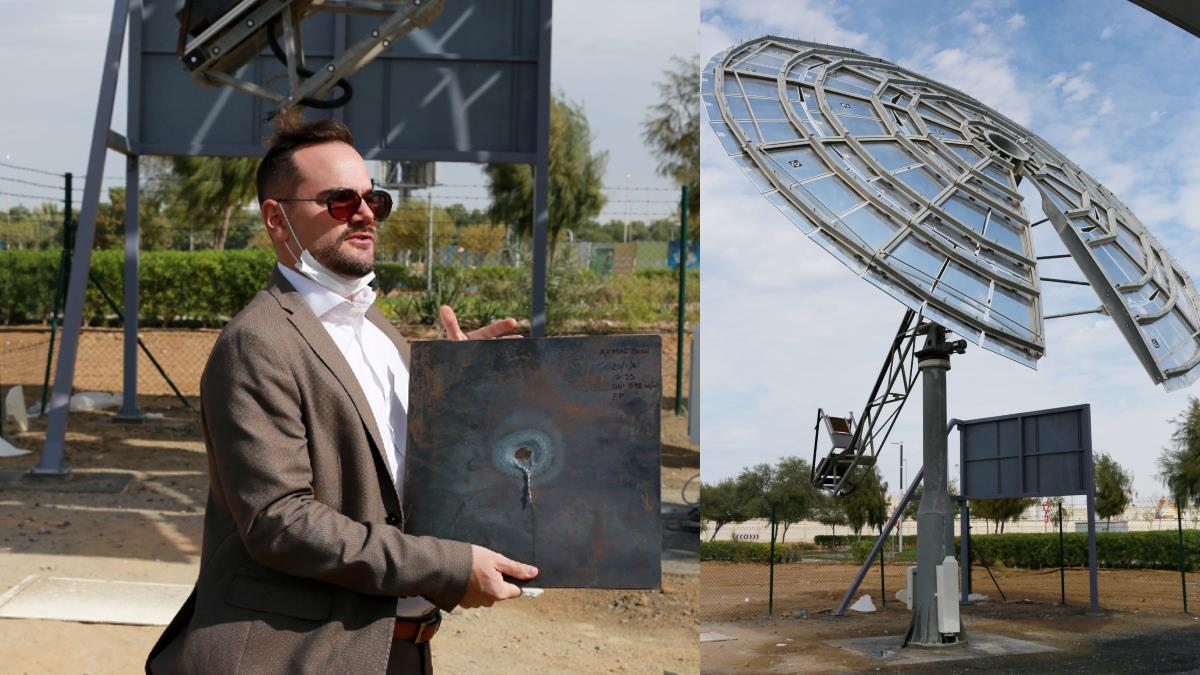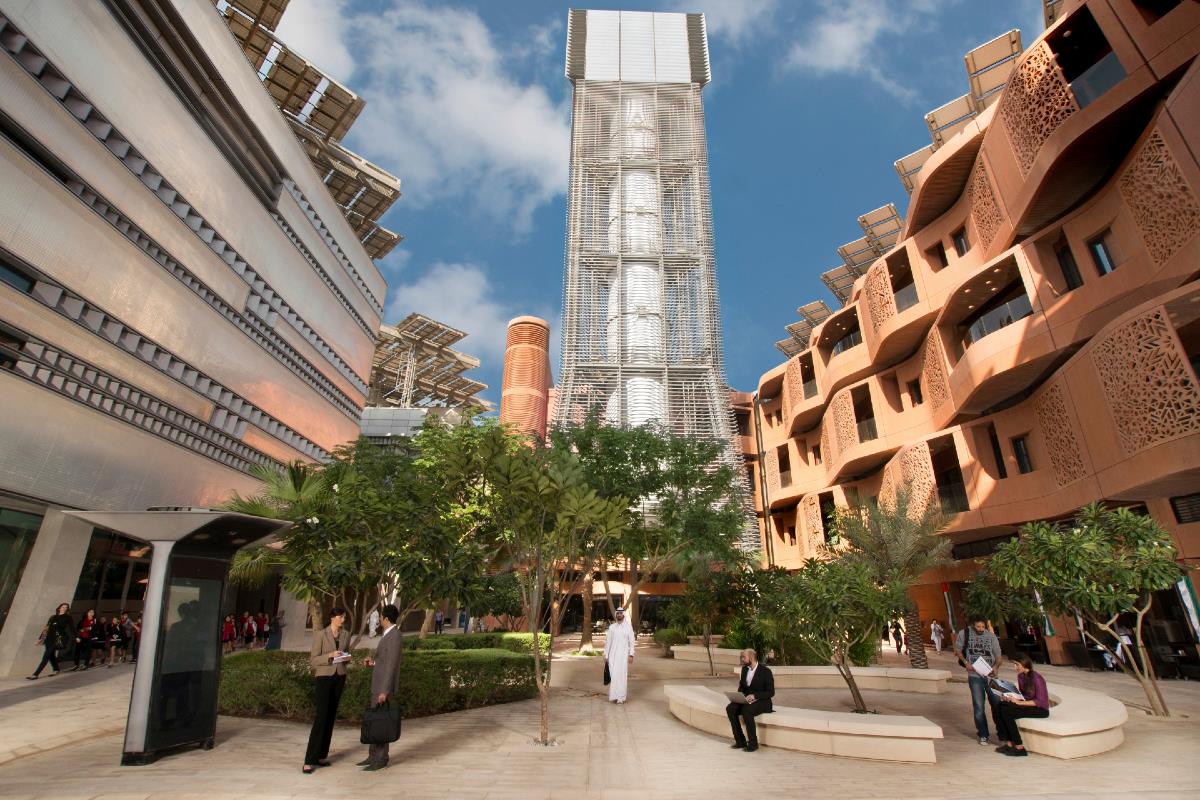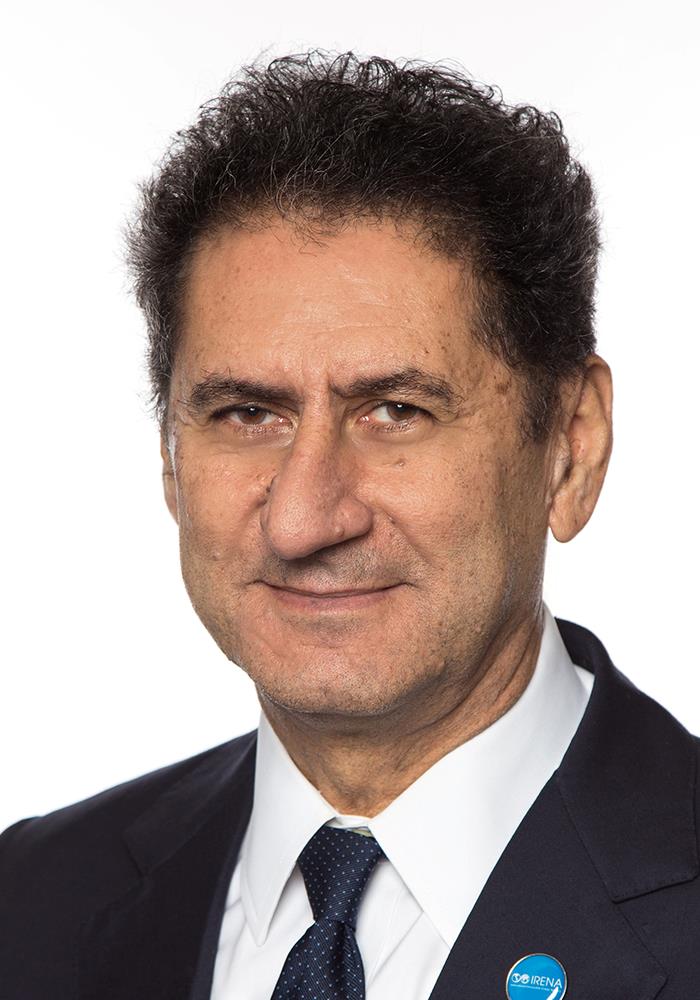
Solar panels a portrait of China supply chain risks
Chinese supply chains have been hit with a one-two punch: the country's power consumption limits combined with lockdown measures against the highly contagious Omicron variant of Covid-19.
The Biden administration is now reportedly monitoring the situation in mainland China to see whether the government's lockdown measures under the“dynamic zero infections” strategy will hurt the country's industrial outputs – and pose a risk to the United States' own supply chains.
However, diversifying supply chains in many sectors is easier said than done. That's especially the case with solar panels, of which China currently supplies more than 80% of the photovoltaic modules to the world.
Even as most countries are trying to accelerate their plans to achieve net-zero carbon emissions, many of their solar developers have slowed down their own projects after solar panel prices increased by 50-60% from a year ago. The best they can hope for is that the problem will prove short-lived, with improvement showing as early as April or May.
Last September, a sudden spike in thermal coal prices and government-imposed caps on electricity rates caused many power plants to shut down their generators, resulting in a power crunch that started in the northeast but then spread nationwide.
Beijing ordered local governments in Shanxi and Inner Mongolia to boost coal output and allowed electricity prices to increase by 10-20% so that power plants would have more price incentives to maintain their outputs.
Meanwhile, China continued to urge local governments to limit enterprises' power consumption, aiming to cut the ratio of power consumption to GDP by 13.5% and cut carbon emissions by 18% in the five years ending 2025.
Under such policy direction, prices of high-energy consumption industrial products increased last year. The price of silicon, a major raw material of solar panels, rose by about 300% from 17,000 yuan (US$2,682) per ton to 67,000 yuan in the last quarter of last year as Yunnan and Sichuan provinces slashed their silicon outputs by 90% for energy-saving purposes.
At the same time, solar panel makers were also ordered to reduce their power usage. On September 30 last year, five major Chinese solar panel makers – Longi, Jinko, Trina Solar, JA Solar and Risen Energy – jointly issued a statement to call on the central government's energy department to allow them with more power consumption flexibility.

Longi is one of the largest solar panel makers in China. Photo: Asia Times

Fawaz Al Muharrami, Executive Director at Masdar Clean Energy Photo: Masdar
“Prices of China's PV modules have recently increased by 50-60% from a year earlier as the supply of the products dropped by 50% due to the power rationing policy in the country,” Fawaz Al Muharrami, executive director at Masdar Clean Energy, said in a sideline interview during the Abu Dhabi Sustainability Week (ADSW ) 2022.“We have difficulty securing the PV modules as prices are going up… many solar developers in the globe are not being able to proceed with their projects. Some projects have been delayed.”
El Ramahi held out hope of a quick resolution.“We are looking for a number of ways to mitigate that impact but hopefully we will see the supply chains of PV models normalize in May this year.” He added that Masdar was in contact with Chinese solar panel makers on supply issues almost every day.
Established in 2006, Masdar is owned by Mubadala Investment Company, one of the world's largest sovereign wealth funds. The Abu Dhabi-based renewable energy company is engaged in advancing the commercialization and deployment of renewable energy, sustainable urban development and clean technologies to address global sustainability challenges.
In that direction, it has developed renewable energy projects in more than 40 countries worldwide with a capacity of 13 gigawatts (GW) with plans to boost its renewable energy capacity to 100 GW by 2030.
Although Masdar is affected by the declining supply of China-made solar panels, it continues to invest in its clean energy projects. On January 19, Masdar, Abu Dhabi's Khalifa University of Science and Technology and Sweden's Azelio long-duration energy storage company jointly launched an electrical thermal energy storage system technology that enables clean energy utilization.
Nicolas Calvet of the Khalifa University of Science and Technology told Asia Times that unused solar power can be converted into heat energy and stored in the thermal energy storage system overnight with an efficiency rate of 85%.
Calvet said although the efficiency rate of converting heat energy back to electricity is only 30%, it remained a more cost-effective way than batteries to store excess solar power.

Nicolas Calvet explains how thermal energy can be collected and stored. Photo: Asia Tims
Al Muharrami said Masdar would continue to source its solar panels from China as it was not easy to diversify quickly its supply chains.
“Within the short term, we are not going to invest in manufacturing PV modules. China has all the raw materials within the PV module. Even if we start manufacturing, the module will rely on raw materials from China,” he said.“Definitely, we are looking for some alternatives and some other suppliers. We are quite positive that the market is going to normalize in April and May.”
Solar product price trends will be affected by India's plan to boost its production of solar equipment.
Last March, India's Ministry of New and Renewable Energy (MNRE) announced that it would reintroduce tax duties on solar equipment, at a rate of 25% for solar cells and 40% for solar modules, with effect from April 1, 2022. It will also ban the import of solar panels on the same day.
“While this is largely a positive step to spur the development of solar manufacturing capabilities in India, the market might not be ready for such an aggressive push yet,” Fitch Solutions Country Risk and Industry Research said in a recent research report.
“In 2021 alone, India still imported more than 80% of its unassembled solar cells from China, which amounts to around 604 million units. Whether domestic manufacturers can match this amount imported remains to be seen.”

A wind tower at Masdar City in Abu Dhabi Photo: Masdar
The spread of Omicrom will also affect China's supply of solar equipment. China's“dynamic zero infection” policy dictates that local governments must lock down their towns and cities where cases are identified. On January 20, the seven-day average daily number of Covid cases on mainland China was only 129, compared with 740,726 in the United States and 92,209 in the United Kingdom.
Biden administration officials told media that they had put in place an early-alert system during the rise of the Delta variant last year to monitor global supply chain disruptions. The system collects shipment data as well as information that private-sector companies provide to the government about their own facilities or suppliers in China.
According to the system, outbreaks in China have so far caused some slowdowns in air freight due to lengthened cleaning protocols.

Francesco La Camera, Director-General of the International Renewable Energy Agency Photo: IRENA
“Due to the pandemic, there were a lot of lockdowns in countries around the globe,” Francesco La Camera, director-general of the International Renewable Energy Agency (IRENA), told media on January 20 during the ADSW 2022, which was hosted by Masdar and attended by 600 speakers and 30,000 participants in-person and virtually from around the world.
“Now we have vaccines and medicines, we have seen a lot of rebound of solar equipment demand in the market. But at the same time, we saw that the supply chains have not been ready to respond to this rebound. There will be short-term difficulties,” said La Camera, estimating that the supply chains of solar equipment would probably return to normal in the coming summer.
Read: China's 'closed-loop' aims to avoid an Omicron Olympics
Follow Jeff Pao on Twitter at @jeffpao3

Legal Disclaimer:
MENAFN provides the
information “as is” without warranty of any kind. We do not accept
any responsibility or liability for the accuracy, content, images,
videos, licenses, completeness, legality, or reliability of the information
contained in this article. If you have any complaints or copyright
issues related to this article, kindly contact the provider above.


















Comments
No comment